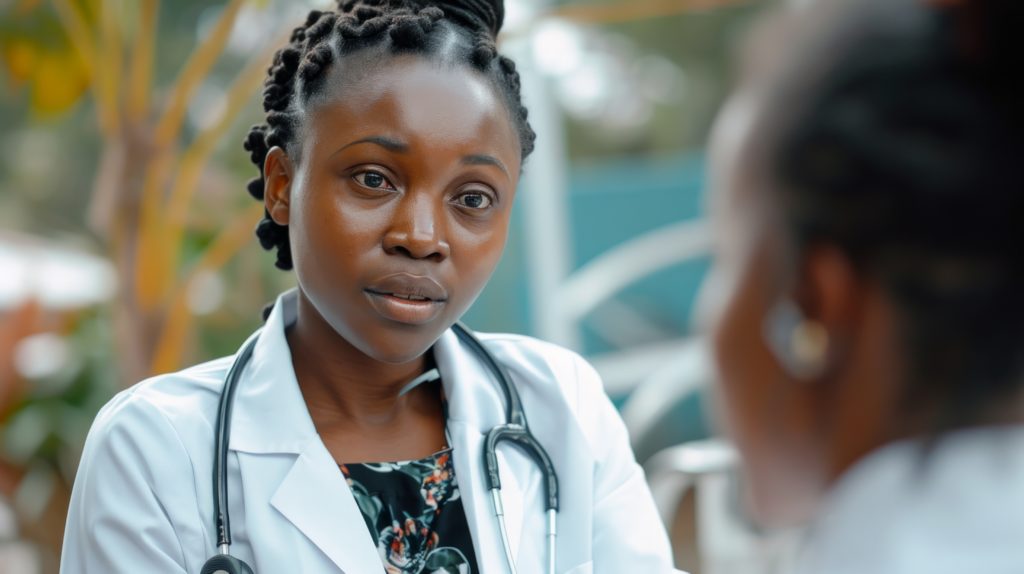For Polycystic Ovary Syndrome (PCOS) awareness month, I spoke to five Nigerian women who share how their health concerns were initially dismissed by medical professionals, leading to delayed diagnoses.

Image by Freepik
Tayo*, 26
I started having irregular periods at 19. I visited the school clinic multiple times, but the matron insisted it was nothing serious, especially after I mentioned I wasn’t sexually active. Still, I knew something was wrong. I could go two months without a period, and when it came, it was unusually heavy.
I’d read about PCOS online, but it wasn’t until a women’s NGO visited our school during a departmental event and a female gynaecologist attended to me that I was finally diagnosed in 2016.
Abike, 27
I’ve always had extremely painful periods. Sometimes, I’d end up in the hospital, and the doctors would tell me to rest, blaming stress and anxiety. When I turned 20, I knew it wasn’t just stress. After doing some research and talking to some of my friends, I suspected PCOS. I visited the school hospital once and requested a pelvic ultrasound, but the doctor didn’t approve it. It wasn’t until I travelled to Lagos with a friend who recommended a specialist hospital that I finally got a diagnosis and treatment options.
Derin*, 24
As a teenager, one of my major concerns was extreme acne. I became a skincare junkie because it affected my confidence and made me self-conscious whenever I stepped out of the house. During hospital visits, doctors would say, “Don’t worry, it’ll clear up as you get older,” I’d believe them, but then I got older, and it never did. On top of the acne, I also started having a bloated tummy and irregular periods. So, I knew it was time to see a specialist, so I went to the teaching hospital in Ibadan, where I was diagnosed with PCOS after some tests. My previous doctors tried to help, but I wish they’d listened to me sooner so I wouldn’t have struggled with it for so long.
Ife*, 32
I’ve dealt with excess hair growth, weight gain, and irregular periods for as long as I can remember. During every hospital visit, I was told to lose weight and change my diet, but no one ran any tests. It wasn’t until I struggled to conceive after marriage that I got tested and was diagnosed with PCOS. I realised I’d been dismissed because of my size, and that delayed my diagnosis and treatment plan.
Bukunmi*, 33
I had a miscarriage in 2019 when trying to conceive. At first, I thought it was a one-time issue, but I had more miscarriages. Around this time, I was also my mum’s primary caregiver as she battled a terminal illness. The doctors said my miscarriages were likely due to emotional distress, but I knew something was wrong. After a fourth miscarriage, which required evacuation, I developed severe acne and started gaining weight.
My doctor then referred me to a gynaecologist who prescribed some tests, and that was when I was diagnosed with PCOS. Looking back, all those miscarriages could have been avoided if I’d been diagnosed earlier.
Are you looking for more information about PCOS? Famasi Africa has worked on a resource, and it’s full of practical tips and essentials for Nigerian women navigating PCOS. Find it here.
Read this next: A Fake Genotype Result Cost Me the Love of My Life




